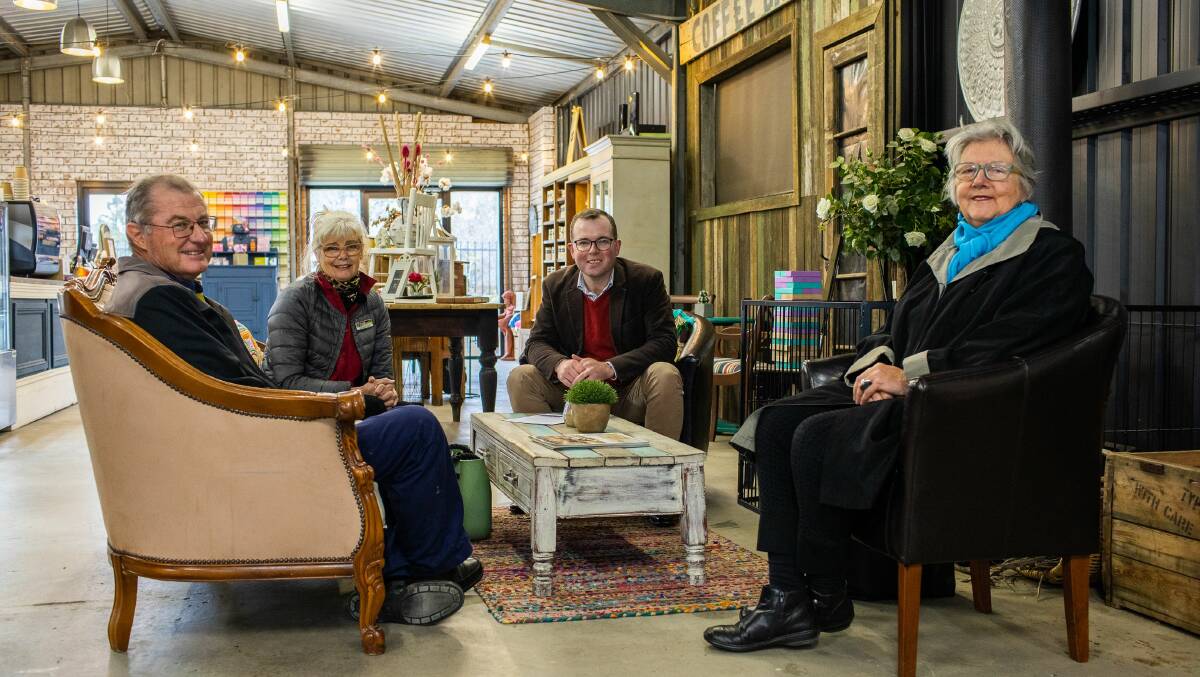
The spillway is again about to open on the discussion in Uralla around how to secure future water supplies in the region.
Subscribe now for unlimited access.
or signup to continue reading
A community consultation program, being run by Z-NET Uralla, will receive $30,000 from the state government.
During the height of the drought Uralla had come within weeks of running out of water and steps needed to be taken to secure future supply for the next inevitable drought.
Z-NET Uralla President Sandra Eady said the organisation would partner with the Global Water Institute at the University of NSW and Uralla Shire Council to deliver the Blueprint for Water.
READ MORE:
"Uralla Shire has just experienced the driest period since rainfall records commenced in the late 1800s, placing extreme pressure on businesses and residents," Dr Eady said.
"With Kentucky Creek Dam once again full, now is the time the community needs to be talking about what options are on the table to deliver clean and secure water for the future.
"While recycled water is one option, Z-NET wants to generate a wider discussion around water security, whilst empowering the community to be involved in the decision making process.
"Water security is not just an issue facing the Uralla community and on the completion of this program we will share our findings with other rural Councils and communities in the Murray-Darling Basin.
"Whatever options our leaders decide to pursue they must have the support of the community, which is what we are aiming to achieve through the Blueprint for Water."
On Wednesday Northern Tablelands MP Adam Marshall announced the state government would support the community consultation program with funding.
He said throughout Uralla's water crisis Z-NET was one of the main conduits of information between Council and the community.
"Z-NET wants to continue that advocacy by working to build a community consensus on how to transition the town to a more secure water supply," Mr Marshall said.
"Over the next eight months it will engage residents through focus groups and workshops and discuss the various pathways available for water delivering."
He said those measures could include increasing the capacity of the existing water storage, financial assistance to supports residents to install tanks or embark on a program of recycling water.
"I am one of the most vocal supporters of local councils exploring recycled water as a means of off-setting dwindling town water supplies.
"Even if communities don't support recycled water for potable use there are other options like watering public spaces and on roadworks.
"I fully endorse what Z-NET is seeking to achieve through this process and look forward to the release of its findings," he said.

